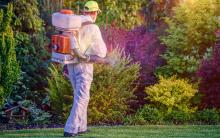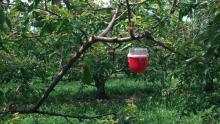Genetics - a smart weapon to battle invasive pests

EU-funded researchers are tackling crop infestations with a targeted approach to biological pest control. They have used genetic analysis to identify the most effective natural enemies of aphids, mealybugs and other invasive insects. The results are feeding into better pest control approaches to limit crop damage - reducing losses to farmers and increasing food security.









